Every horse owner knows that the health of your horse is complex. Not just feeding them and caring for their feet, but all of the little details of vitamins, nutrients, and more. Providing horses with the right vitamins is a must. If you want the horses on your land to stay as healthy as possible, you should give them specific daily vitamins that are naturally good for them.
What Vitamins Do Horses Need?
These vitamins can support bone health and dental health while keeping a horse's coat and mane looking its best. You can make it a habit to provide your horses with the vitamins needed each day during feedings to ensure they get what they need. Of course, as with anything you add to their diet or daily routine, it is best to check with your equine veterinarian to make sure you are giving the correct dosage and what is best for your particular horse.
That, along with these tips, can help you stay on your vets good side. It's very important to make sure you are doing what is best for your horse, and not just what sounds good or is told to you online. While we have this on good authority, we are not veterinarians nor trained in formal equine care, so we can not state that this is good for every horse. All are unique.
Note: If not sure about where to get these vitamins and supplies, check out this list of best places online to buy horse and barn supplies.
Vitamin A
One essential vitamin for horses is vitamin A. It is available in pellet and liquid form for horses to consume. Vitamin A is such a necessary vitamin for horses because it strengthens vision, boosts metabolism, and keeps bones in better condition.
Many horses experience joint pain throughout their lives, especially if they participate in activities at shows. When taken regularly, the vitamin A stays in and around the liver, providing the numerous benefits that horses need to live healthy, full lives. It is often the first suggestion from vets to add as a routine supplement to your horse's regular feeding plan.
Vitamin D
Horses need to get enough vitamin D to function each day. It allows the bones to absorb more calcium, thus decreasing the chances of the horse suffering from joint pain. Taking good care of a horse’s bones maximizes the animal’s potential. It makes it possible for the horse to gallop around, jump, and complete other tasks, such as walking with someone riding on its back.
If you plan on riding your horses or allow others to ride them, you should make sure they are getting enough vitamin D to support the strain that will regularly get put on their bones. While vitamin D is found naturally, depending upon the horse, their age, and unique makeup, a supplement can be vital to their overall health and wellbeing.
Vitamin E
You can find vitamin E in both powder and liquid form for horses. One of the great benefits of powdered vitamin E is that it easily can be added to food by sprinkling the powder over it at mealtimes. This is really nice if you are adding the supplement to a large number of horses' diets at the same time.
Although it is suitable for all horses, vitamin E is vital for older horses and those with injuries. It keeps the internal organs functioning properly. It is also good for the muscles and nerves, so can be beneficial to horses of all ages.
The recommended dosage of vitamin E will vary from horse to horse, primarily depending on the animal's weight. Larger horses will need to receive a higher dosage. This is when consulting your veterinarian is very important for proper dosing.
Riboflavin
Riboflavin is a B2 vitamin that horses need to function. This is specifically due to the fact that it can keep a horse’s eyes in the best shape possible while preventing cataracts from developing. The results are often most noticeable after the horse has consumed riboflavin regularly for at least three months.
You should continue noticing positive results with continued use of the vitamin. Giving horse riboflavin is ideal because it keeps the animal energized. If your horses participate in shows of any kind, you need to make sure you provide them with riboflavin. It will help them perform better while giving them the energy they need to get through those strenuous activities. You can purchase riboflavin powder or B-12 vitamin crumbles to add to the feed for your horses to consume.
Horse Courses by Elaine Heney
- Listening to the Horse - The Documentary by Elaine Heney & Grey Pony Films
- Shoulder In & Out Training for better balance, bend & topline development with your horse
- Over 110+ Polework Exercises & Challenges to Download
- Dancing at Liberty & Creating Connection with Your Horse (11 lessons) - Grey Pony Films
Consult a Veterinarian for Proper Dosage
I have mentioned a few times already, but it is very important to remember that while you have experience with your horses, a vet is the go-to for medication and proper dosage. Some supplements have information on the actual product that can give you a guide for how much a horse needs at particular weights, but when in doubt, calling your vet is the best choice.
With the right vitamins, you can keep your horses healthier. Along with basic food, water, and shelter, horses, just like any human or animal, need special care from time to time. Adding supplements to their routine is a wonderful way of providing them with much-needed help to give more energy, reduce inflammation, and assist in their overall health. These particular supplements are an excellent start to making sure your horse is healthy and happy.



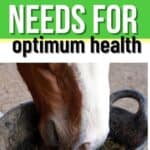
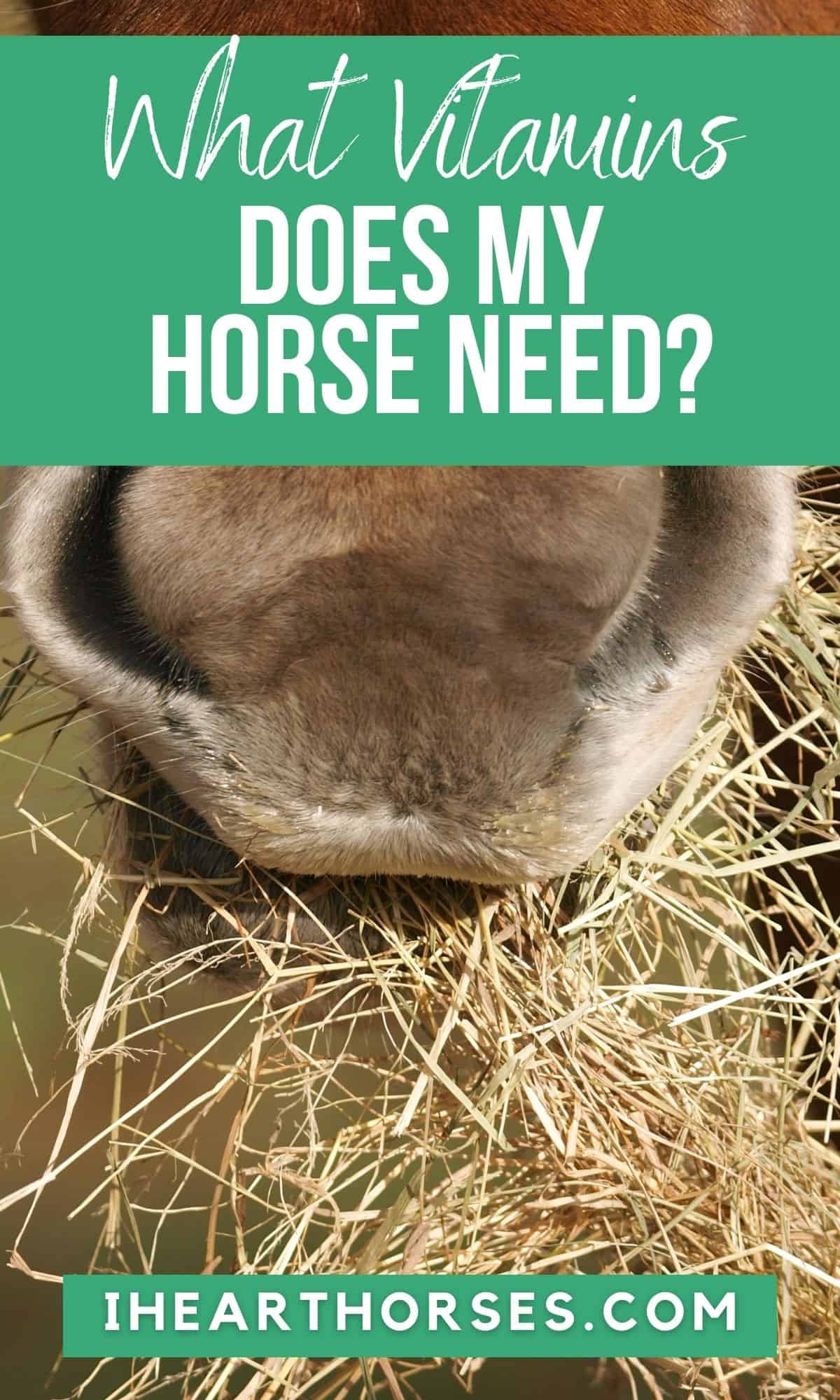
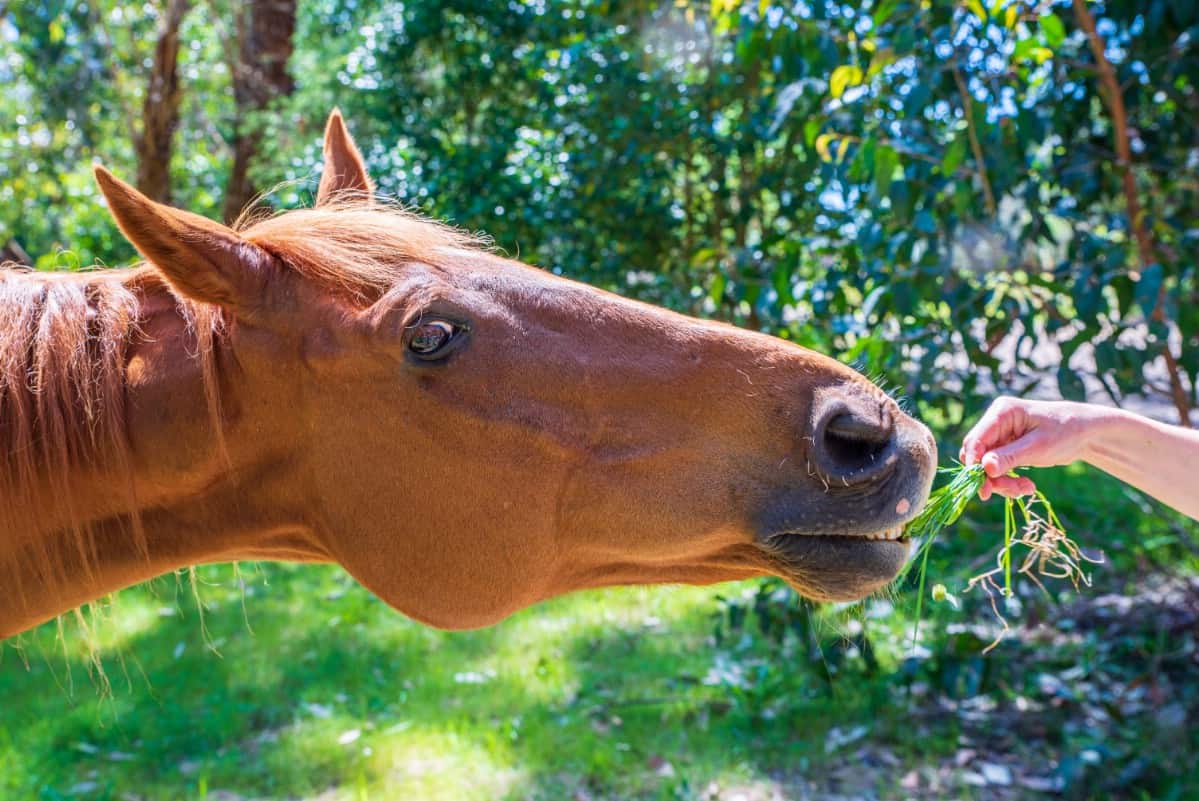
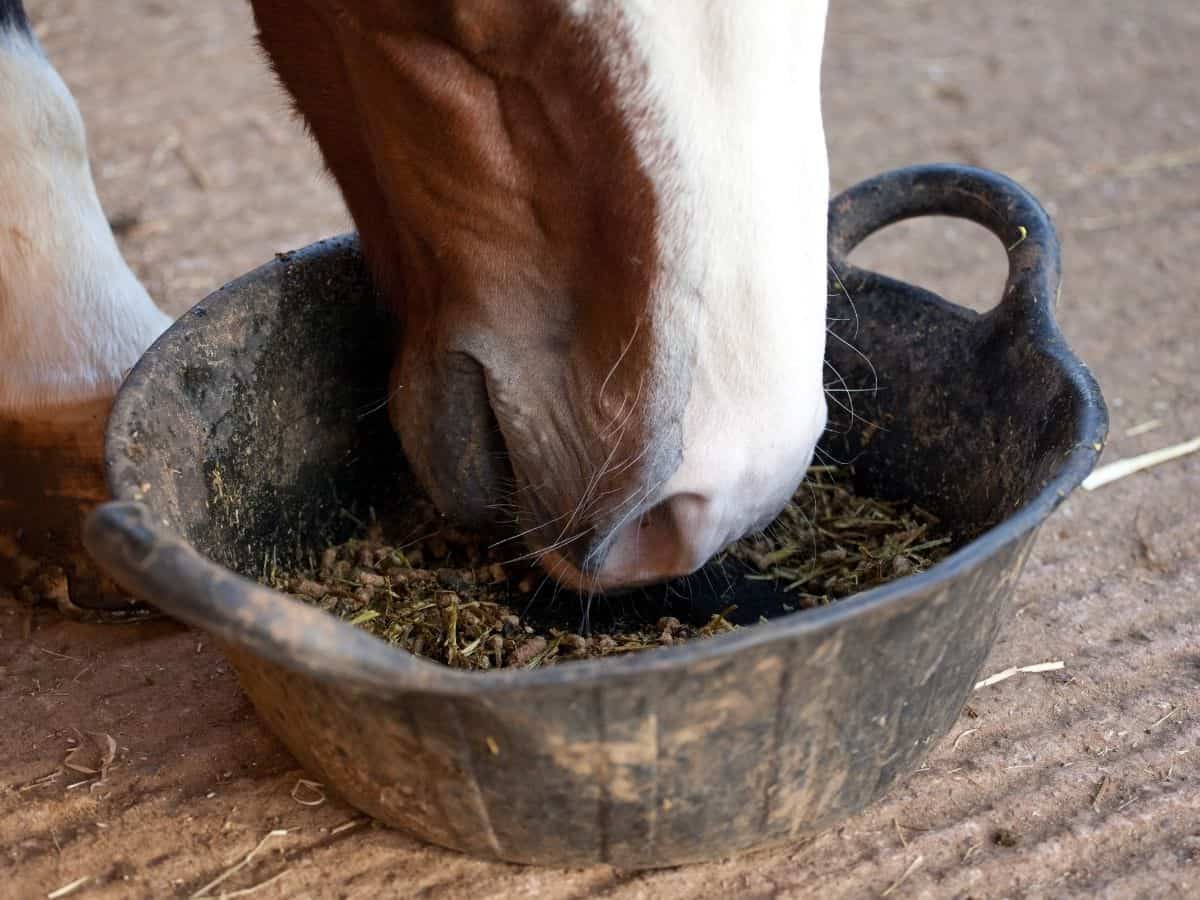
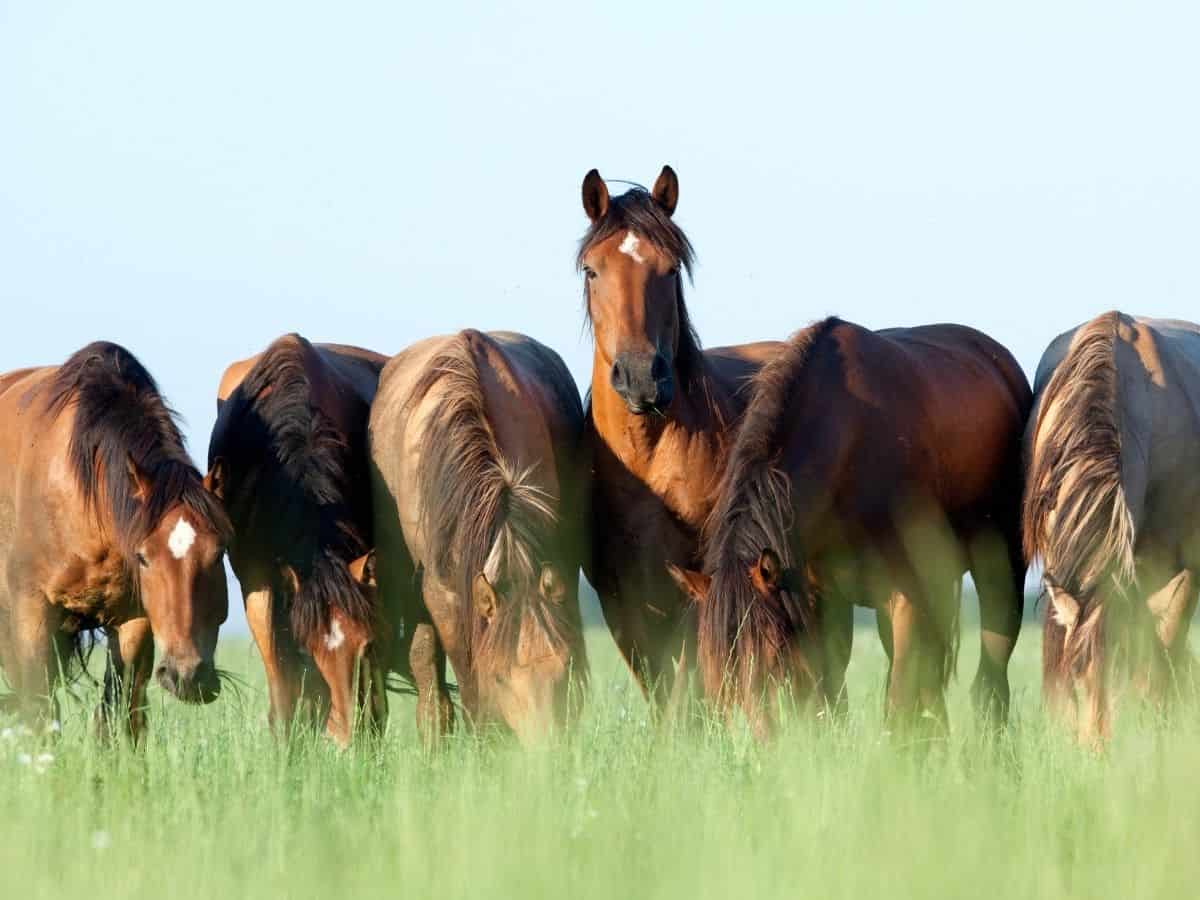
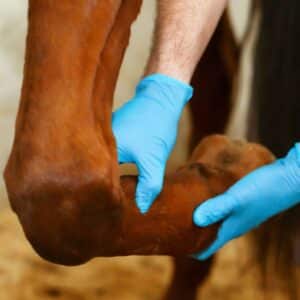


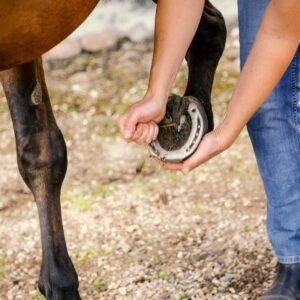
Leave a Reply